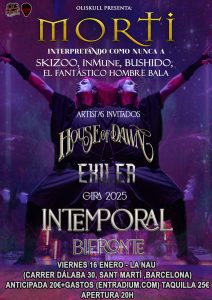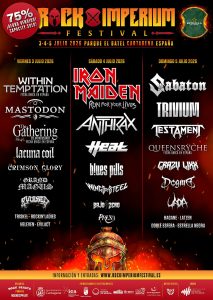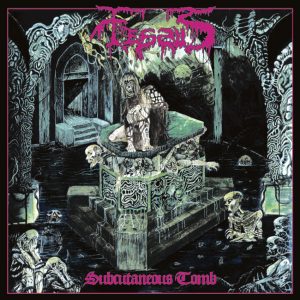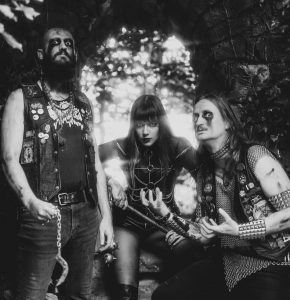TEASER SWEET: Into the Shadows: Unmasking the Power Behind the Darkness
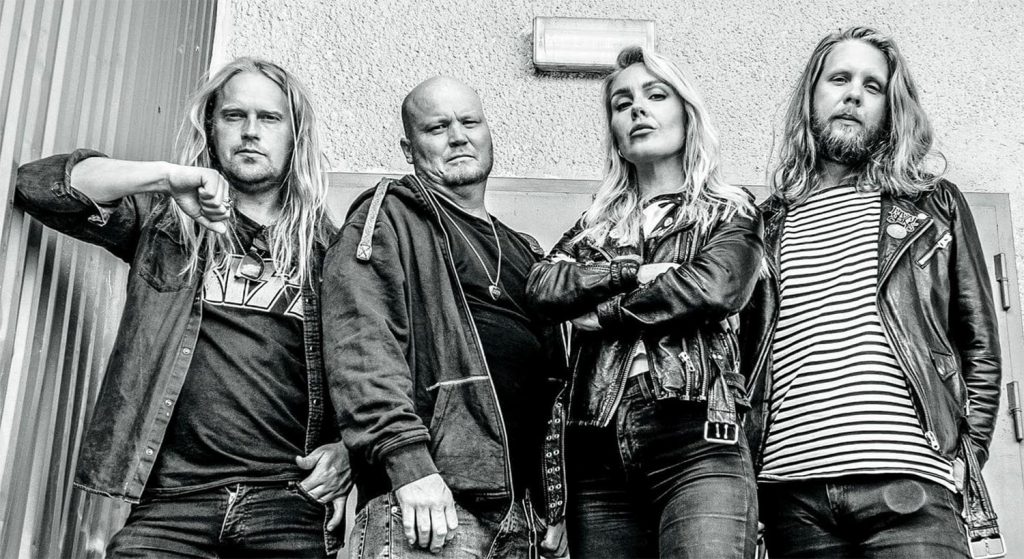
In the realm of hard rock and heavy metal, few bands manage to intertwine vulnerability and aggression as seamlessly as Teaser Sweet. With their latest album, Night Stalker, the Swedish quartet—led by the dynamic sibling duo Therese and Marcus Damberg—delve deep into the human psyche, exploring the shadows that lurk within us all. In this candid conversation, Therese sheds light on the inspirations behind the album, the balance between darkness and hope, and the band’s commitment to authenticity in a genre often dominated by facades.
Thank you for taking the time to chat with us. Night Stalker feels like a sonic journey through the hidden corners of the mind. What did the creation process of this album reveal to you about the darkness that we often try to avoid or ignore in our daily lives?
The process of creating Night Stalker revealed that darkness is an integral part of our psyche. It taught us that confronting and exploring these hidden corners can lead to profound self-discovery and artistic expression. You shouldn’t ignore the darkness, but you shouldn’t forget that it is the light that makes us happy.
Night Stalker seems to paint a vivid picture of the shadows, not just outside, but within ourselves. How do you navigate the balance between embracing darkness and still offering a glimmer of hope or light in your music?
We navigate this balance by acknowledging the darkness while highlighting moments of resilience and hope. Our music reflects the complexity of human emotions, where light and darkness coexist. Without the darkness, there is no light!
The title Night Stalker evokes the idea of a presence that lurks in the dark, unseen but ever-present. Do you see this as a metaphor for something in society, like the constant pressure of expectations, or perhaps the isolation that many feel today?
Yes, Night Stalker can be seen as a metaphor for societal pressures and the isolation many experience. It represents the invisible forces that shape our lives and the internal struggles we face. But then there are also people present who can also make life boring for you in different relationships.
Your sound has been described as a blend of vulnerability and aggression. In a world that often asks you to suppress or “mask” your feelings, how do you maintain authenticity in a genre that sometimes demands a facade of strength or toughness?
We maintain authenticity by being true to our feelings and experiences. Our music is a reflection of our authentic selves, blending vulnerability with aggression to create a powerful and honest expression. Showing your emotions is the bravest thing there is!
The concept of the «night» is central in this album—how do you think the night can be a metaphor for both fear and freedom? What does it represent to you personally, and how does that translate musically in Night Stalker?
The night represents both fear and freedom. Musically, Night Stalker captures this duality through haunting melodies and liberating rhythms.
Gender is often a silent force in many creative spaces. As musicians, do you feel that your experience as individuals—whether it’s being male, female, or non-binary—shapes the way you approach music or the themes you explore in Night Stalker? How do you see gender influencing the narrative of your work?
Our individual experiences of gender do not shape our approach to music and the themes we explore. We believe that our ears are not connected to what we identify as. Our music is for all ears and genders.
There’s a sense of lurking danger in Night Stalker, but it’s also a record that feels undeniably intimate. How do you invite the listener into that space of tension? Do you think vulnerability can be a form of power in the music you create?
We invite listeners into this space of tension by creating an intimate atmosphere through our lyrics and soundscapes. Vulnerability is truly a form of power, as it allows us to connect deeply with our audience. We ourselves love music that touches and that is what we strive to create.
In today’s world, people are constantly told to fit into neat categories—musically, socially, and even emotionally. How do you challenge those categories in your work, and what do you hope Night Stalker says about breaking free from societal molds?
We ignore categories and are ourselves. We challenge these categories by embracing diversity. Listen to Night Stalker, break free from the mold expected of you and celebrate individuality.
On Night Stalker, the mood swings between haunting atmospheres and intense, driving energy. In what ways do you think your music reflects the way people deal with their internal battles in modern society? Is it a mirror to what people experience on a daily basis?
Our music reflects the internal struggles people face by capturing the emotional highs and lows of modern life. Night Stalker acts as a mirror to our listeners’ daily struggles and triumphs but also as a record to put on when you’re feeling a little down, the melodies make us want to let go and not take everything so seriously.
Finally, thank you again for this insight. Before we wrap up, is there anything about Night Stalker that you feel hasn’t been fully understood yet, something you’d like to share with your audience about the deeper meaning of the album or the creative process behind it?
We would like to say that we hope the record is received with an open perspective so that all listeners can create their own stories in our songs and we hope that listeners can find their own meaning in it. Don’t forget to be yourself and do what lights your inner fire. Thanks for the interview and hope to see you out there!





